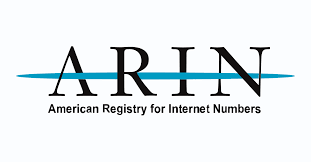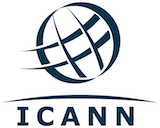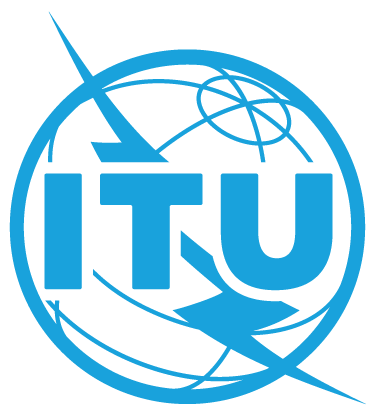World Wide Web Consortium releases draft on how text-to-speech reads annotated text
The World Wide Web Consortium has released a draft guide on how text-to-speech technology should read documents that include ruby annotations. The draft focuses on explaining user needs and reading strategies so that speech output sounds natural across different writing systems.









